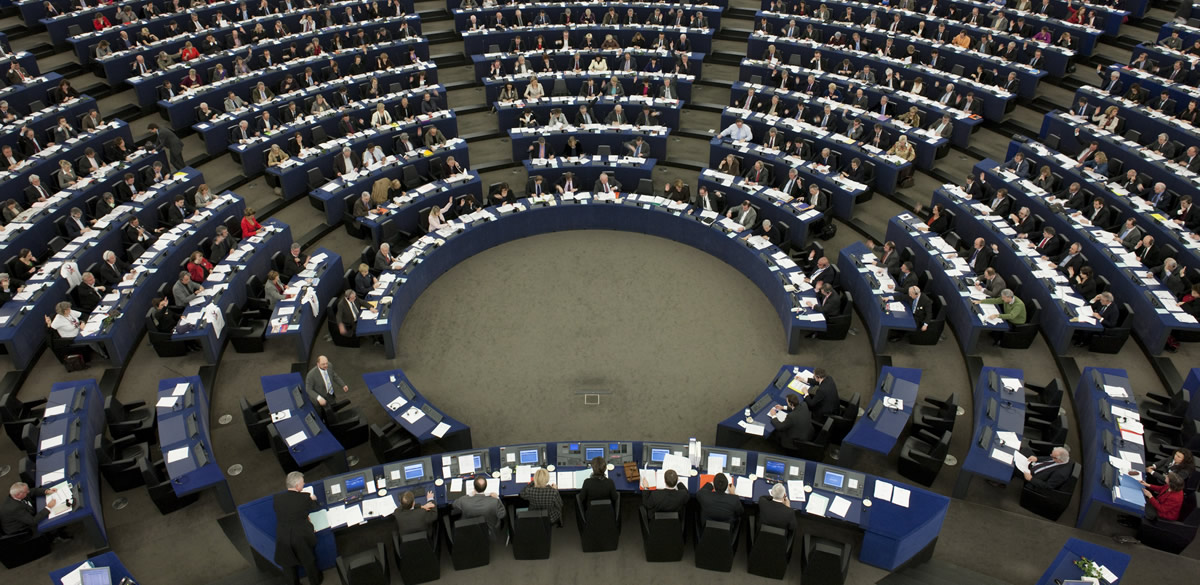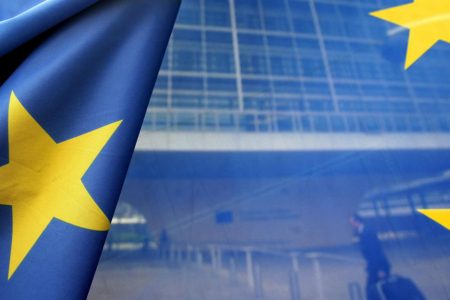The European Commission has recently tabled a controversial proposal that may discretionarily empower military bodies of developing states and create a favourable environment for abuse.
The “Instrument contributing to Peace and Security (IcSP), as it is called, might receive critical amendments which could see up to 100 mil. EUR diverted for military aid purposes. Thus, developing states would benefit from aid when “[EU] requirements cannot be met by recourse to non-military actors”. Its purpose, among others, as described by Neven Mimica, the European Commissioner for International Cooperation and Development, is “to build stable, safe and resilient societies in which people can lead productive lives in peace and dignity”. This move is part of the Union’s global commitment to consolidate the relationship between security and development, commonly framed in terms of a “nexus”, highlighting the perception that the two concepts are intrinsically connected.
Meanwhile, concern is growing over the EU’s implicit intent to curtail irregular migration, with some suggesting that the legislative proposal is yet another attempt at border externalization.
In truth, the EU might achieve neither stability nor the effective border management of its neighbourhood, but only make matters worse for those on the ground.
The Sahel G5 states are among the potential beneficiaries of this project, with High Commissioner Federica Mogherini stating that relevant officials have already expressed interest in the aid package.
Historically, the Sahel, a vast swath of land between Mauritania and Sudan, has been the site of numerous massive population displacements. However, it was on the backdrop of the migration crisis that those risking the treacherous journey on the Trans-Saharan migration routes (and onward to Europe) have come under the spotlight. According to an International Organisation for Migration (IOM) report, roughly 15% of those arriving in Europe this year come from the region.
Naturally, the EU and its member states have been paying close attention to the area. The Sahel Regional Action Plan 2015-2020 outlines the Union’s commitment to foster “dialogue and cooperation between the Sahel, the Maghreb and the EU in relevant sectors such as security and migration”; joint operations conducted by EU’s border management agency FRONTEX in Western Africa or bilateral agreements (Spain Senegal; Spain-Mauritania) aimed at stemming migration flows, are other examples in this sense.
However, prior amending the IcSP, the EU has rightfully shied away from directly sponsoring foreign military bodies for border management purposes. In truth, such a move will only extend the vicious cycle deeply embedded in Europe’s migration policy: increasing military involvement in border management will not stop migration, but only determine migrants to pursue routes that are more dangerous and, implicitly, raise the human costs of their journeys.
Operation Sophia stands as a prime example. Last year, the EU launched its boat sinking response to the crisis. It was expected that by limiting the material assets smugglers have at their disposal, the number of people attempting to cross would shrink. In reality, although numbers have gone down slightly, more and more migrants resorted to crossing the Mediterranean in unseaworthy vessels, thus making the journey considerably more deadly than last year.
Yet one needs only look at the situation within the Sahel to understand the proposal’s deeper implications. Sudan, a principal beneficiary of the IcSP aid, is led by a president accused of war crimes. It is a state embroiled in civil war and sectarian conflict. Its military body, the Rapid Support Force, is criticized by human rights NGOs for conducting systematic attacks on the civilian population; the same body is deployed at the border with Libya to assist in the fight against illegal migration. On the Western coast, Mauritanian border police practice arbitrary profiling of migrants; the country is home to the infamous detention centre “affectionately” known as Guantanamito, a compound more reminiscent of a prison than a reception centre. Further inland, ethnic killings perpetrated by pro-government militias in Mali, are met with indifference by national judicial institutions. So what are the fail proofs?
The draft law does place some restrictions on the avenues of funding, such as forbidding recurrent military expenditure or the purchase of arms and ammunition. However, it does little in the way of instituting adequate monitoring or review mechanisms.
Military aid is an immanently contentious subject, insofar as security policies that promote freedom from harm or social stability are ultimately perceived as being more desirable because of their noble/ethical purposes.
However well intended they may be, the EU must not ignore the contingency of its actions. Raising physical and legal barriers will not stop migration, but will increase the loss of life; empowering authoritarian states will not bring about better lives for their citizens, but place them at the whim of their rulers. It is time to acknowledge that the “security-development nexus” requires a stronger foundation, one built on a critical understanding of its socio-political implications.
Strategikon’s experts’ views are their own, they do not represent the views of the organization as a whole.




